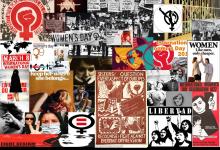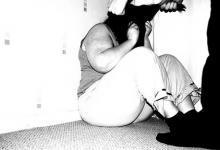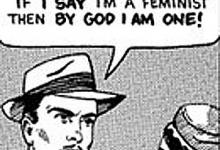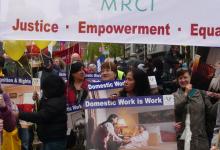An immigrant's view of Ireland
I moved to Ireland in early 2008, at a time where the benefits of the Celtic Tiger started to fade and when the perspective of a global and national economic crisis started to seem more and more apparent. I was moving from France, where I was living at the time, and I remember being greatly surprised by my first impressions as a migrant and a new to resident in Ireland. By Pablo Rojas Coppari, a Paraguayan national working with the Migrant Rights Centre Ireland.
Society seemed to be quite vibrant, energetic and quite jovial.










